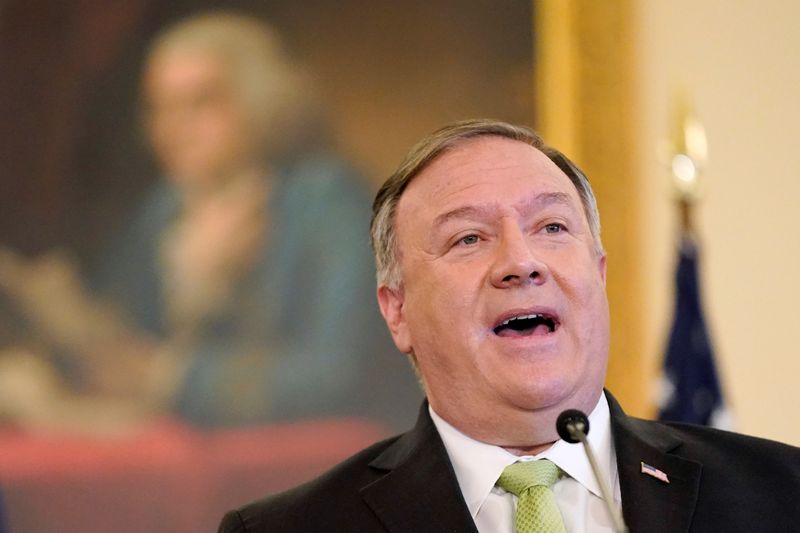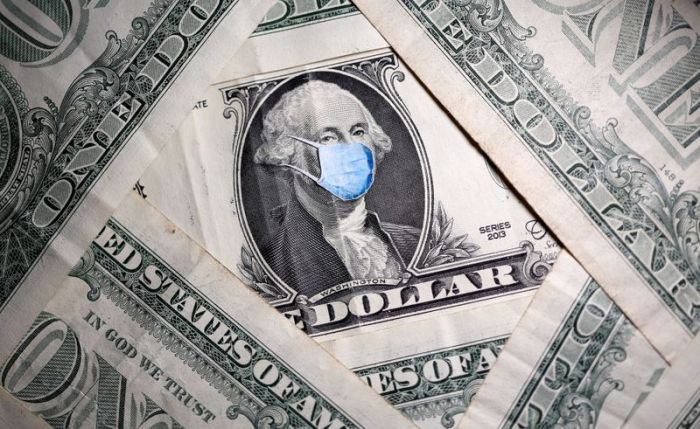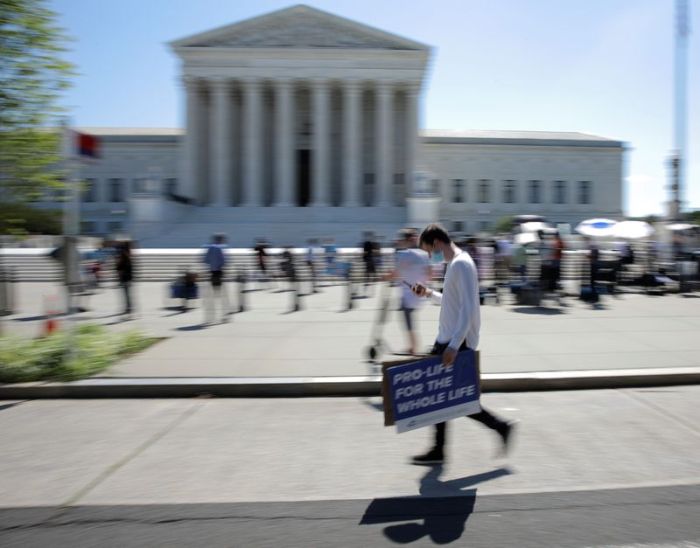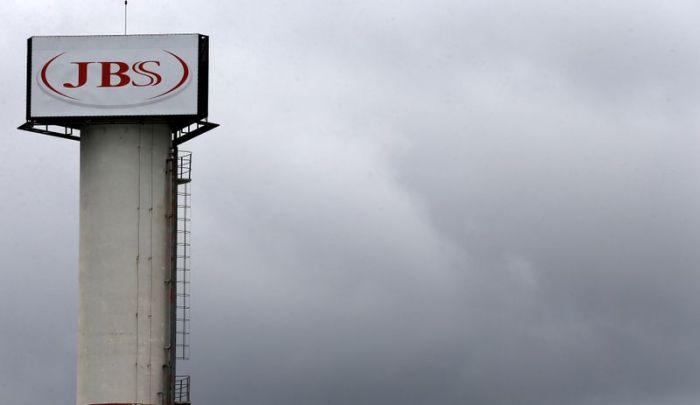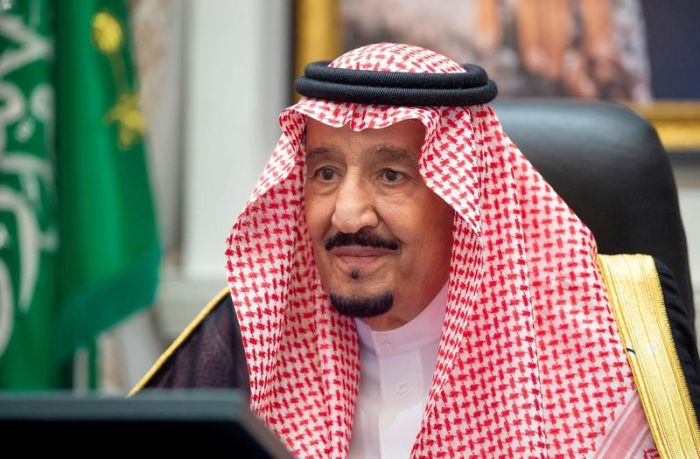WASHINGTON (Reuters) – U.S. Secretary of State Mike Pompeo on Wednesday warned U.S. politicians at the state and local level to be vigilant around Chinese diplomats who he said could be trying to woo them as part of Beijing’s propaganda and espionage campaign.
Speaking in the Wisconsin state capitol, Pompeo said the State Department was reviewing the activities of the U.S.-China Friendship Association and the China Council for the Promotion of Peaceful Reunification over suspicions they are trying to influence U.S. schools, business groups and local politicians.
The two groups are linked to China’s United Front Work Department, an organ of the Chinese Communist Party’s Central Committee, he said.
“Know that when you are approached by a Chinese diplomat, it is likely not in the spirit of cooperation or friendship,” Pompeo said, warning of the Chinese Communist Party’s “influence and espionage campaigns” even at the municipal level.
“The federal government can’t police every bit of this predatory and coercive behavior. We need your help…Protecting American interests requires vigilance, vigilance that starts with you – and all state legislators, regardless of party,” he said.
The latest swipe at Beijing comes in the run-up to the November election, in which U.S. President Donald Trump has made a tough approach to China an important foreign policy platform. Wisconsin is a key battleground state in the polls.
Pompeo’s speech triggered an outcry from Democratic lawmakers who accused him of using taxpayer money to solidify political support for Trump and, potentially, for himself as he is widely seen as harboring presidential ambitions for 2024.
CONSIDERING LANGUAGE ON XINJIANG
Pompeo also asked Wisconsin legislators to boost intellectual property protections and investment screening, and encouraged business people to ignore China’s threats over engaging with Taiwan, the democratic island Beijing claims as sovereign Chinese territory.
Ties between China and the United States are at the lowest point in decades, with the world’s top two economies at loggerheads over issues ranging from China’s handling of the coronavirus to trade rivalries, new national security legislation in Hong Kong and tensions in the South China Sea.
He said Trump administration was carefully calibrating its language on how to describe what has been happening in China’s western Xinjiang region, where the United Nations cites credible reports as saying 1 million Muslims held in camps have been put to work.
“When the United States speaks about crimes against humanity or genocide … we’ve got to be very careful and very precise because it carries an enormous weight,” Pompeo said.
Politico in August reported that the administration was considering to formally label China’s treatment in Xinjiang as a “genocide.” China has rejected allegations of forced labor in Xinjiang and criticized the United States for meddling in its internal affairs.
(Reporting by Humeyra Pamuk; Editing by Marguerita Choy; Additional reporting by David Brunnstrom; Editing by Chris Reese and Sonya Hepinstall)

